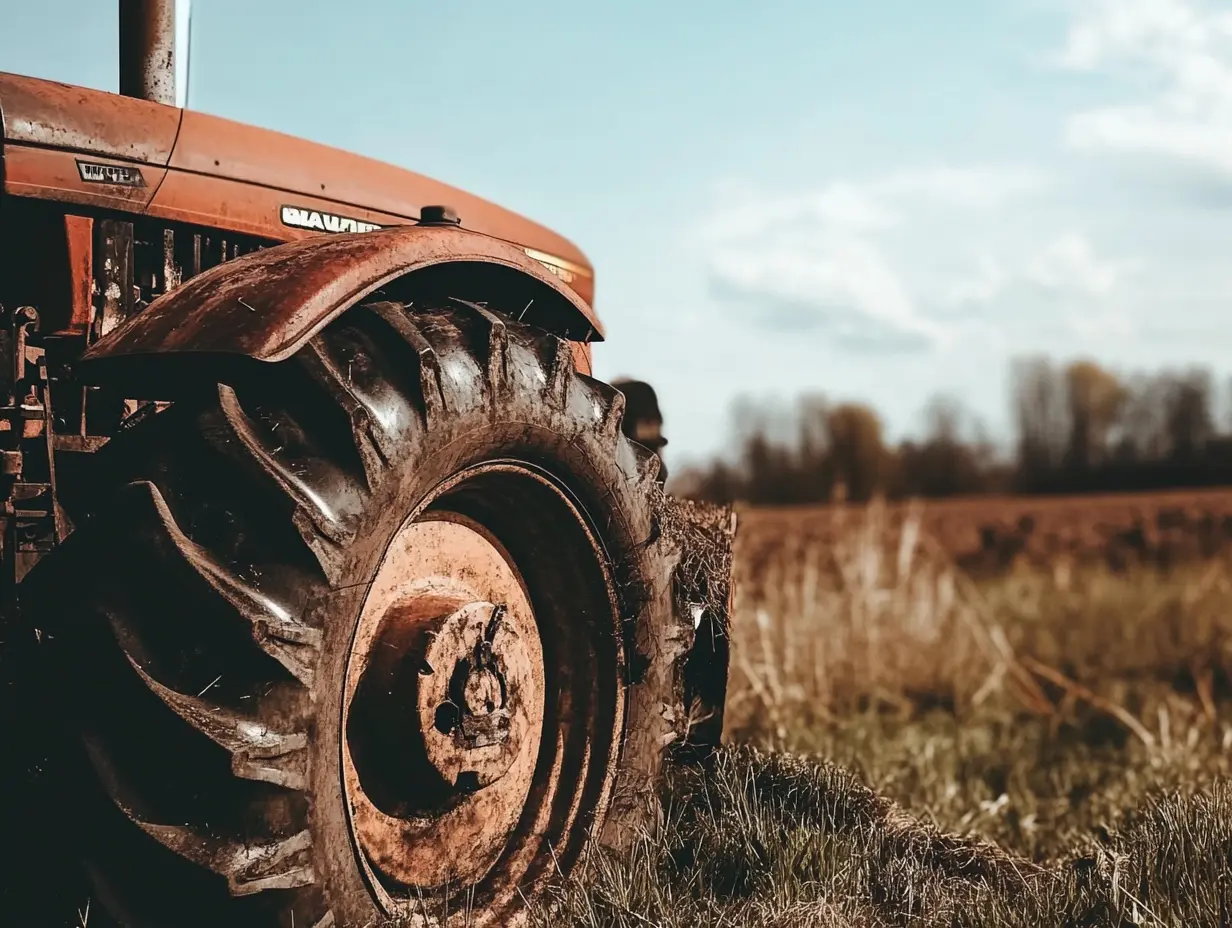Eli stood at the edge of his field, boots buried in soft, ruined soil. Deep tire tracks cut through his crops like scars, fresh and deliberate. It wasn’t just carelessness anymore—it was disrespect. His fists tightened at his sides. They’d crossed a line. And now, something had to be done.
He looked at the shattered stems of his young corn, the broken irrigation pipe, the tire still lodged half an inch into his wife’s flowerbed. His heart thudded—not from rage, but from a cold, creeping certainty. He’d tried signs. He’d tried asking. No one had listened. But now they would.
By sunrise the next morning, Eli would be out in his field again. Not to plead. Not to protest. But to take back what was his—with quiet determination, iron resolve, and a plan so petty, so perfect, it just might restore the peace he’d lost.

Eli Bauer had always believed in the honesty of land. If you put in the hours—fed it, tilled it, spoke to it even when no one was around—it would repay you in kind. He wasn’t the sort of man who needed much to be happy.
A strong cup of coffee, a clean pair of boots, and a stretch of blue sky over his fields—that was enough. He lived just outside of town, on a patch of farmland passed down from his grandfather, who’d once farmed the land with nothing but a mule and his own grit.

Over the years, the tools changed. Eli now used a tractor instead of a mule, and the old barn had electricity running through it. But the soul of the land remained the same. His wife, Margaret, had grown up in the same county.
They’d met at a church potluck, bonded over their mutual dislike of sweet pickles, and had been inseparable ever since. While Eli tended to the crops, Margaret cared for the garden and the house.